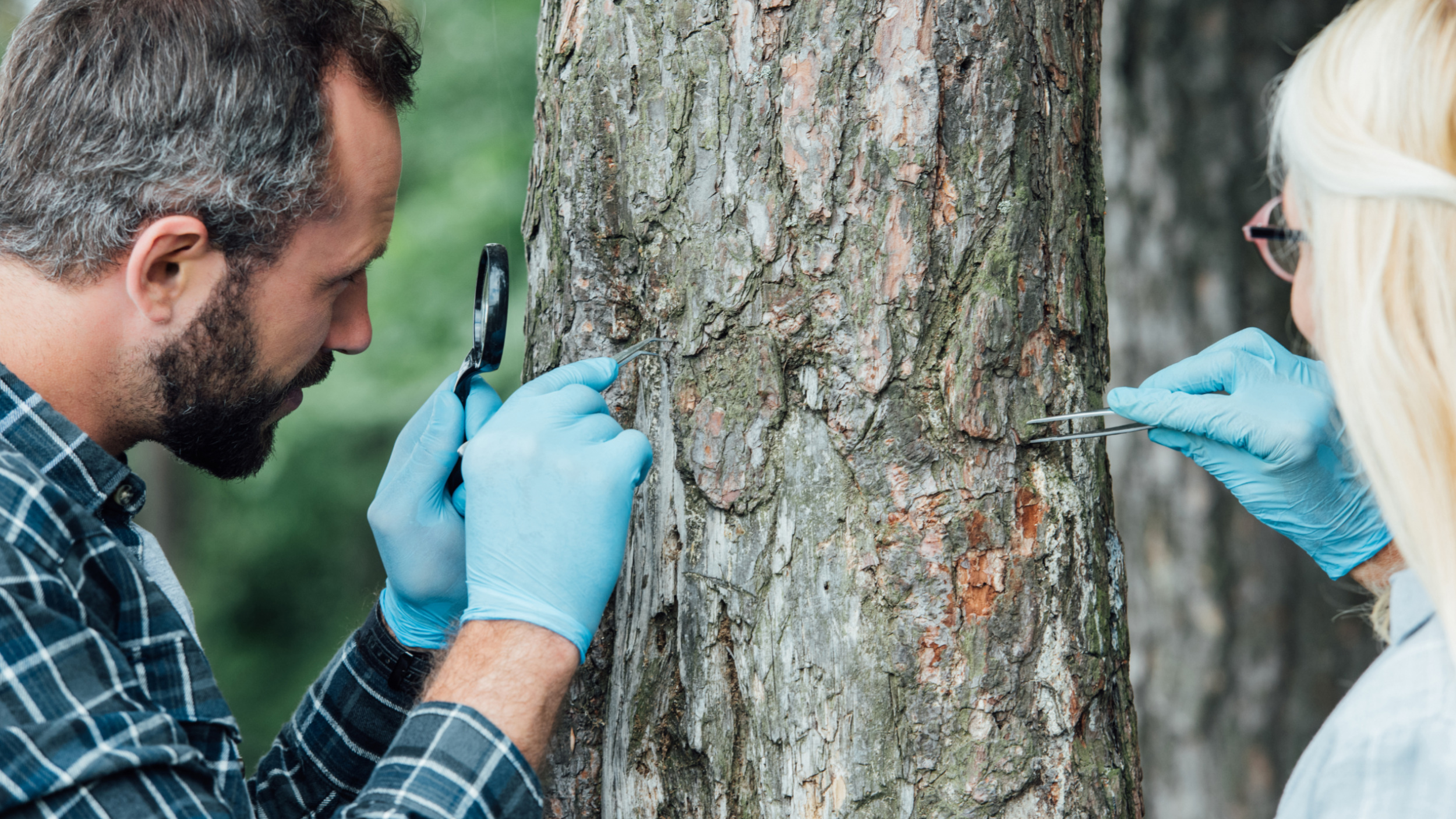Conservation’s Stockdale Paradox
In a 2024 article, On Climate Week and Toxic Positivity, journalist Amy Westervelt, said, “the focus on positivity to the exclusion of anything else felt completely surreal and, if I’m being honest, a little scary….seeing so many climate leaders demand positivity, and only positivity, was more than a little unnerving”. In the world of conservation, phantom solutions and incrementalist actions to deal with biodiversity loss are even called ‘nature positive’, an equally surreal and completely meaningless term. I don’t meet many conservationists who I would say can embrace and deal with conservation’s Stockdale Paradox. Inspired by Admiral James Stockdale’s survival of seven years in a North Vietnamese prisoner of war camp, the Stockdale Paradox combines the ability to [...]










